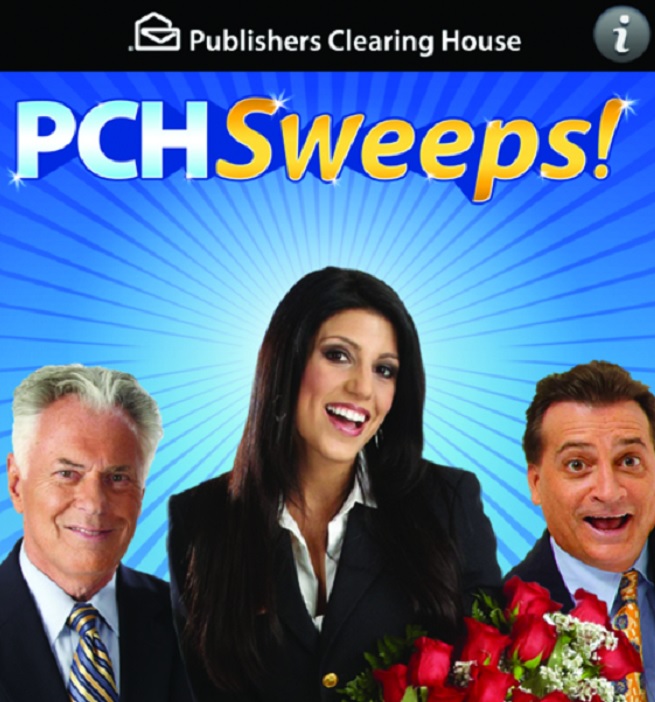As media moves from traditional forms to digital, it disrupts lots of brands. Publishers Clearing House doesn’t want to be a victim of this, so the sweepstakes marketing company is spreading out into the digital realm with new mobile apps and games. And don’t be surprised if it makes some acquisitions in that sector.
Many in the U.S. knows the Publishers Clearing House Brand as the marketing company that sponsors sweepstakes with a huge grand prize of $7,000 per week for the life of the winner. The company has given out more than $250 million to date. It gives out a prize every five to 10 minutes on its network, and one six-week contest earlier this year drew 123 million entries. Its main business is to offer consumers magazine subscriptions and other items. That’s the legacy business, and now the company wants to do more to develop its future businesses in mobile and games.

Unlock premium content and VIP community perks with GB M A X!
Join now to enjoy our free and premium membership perks.
![]()

![]()